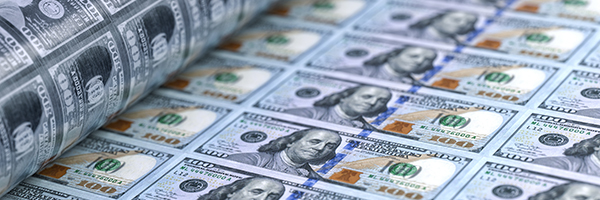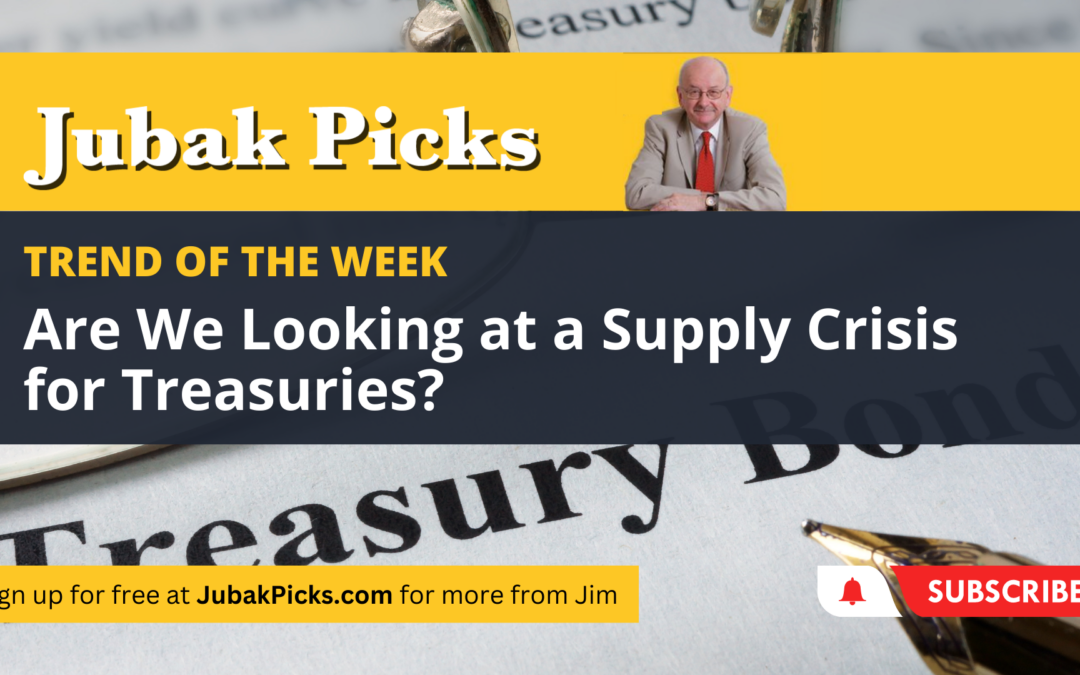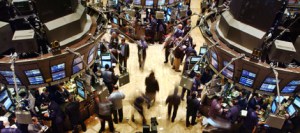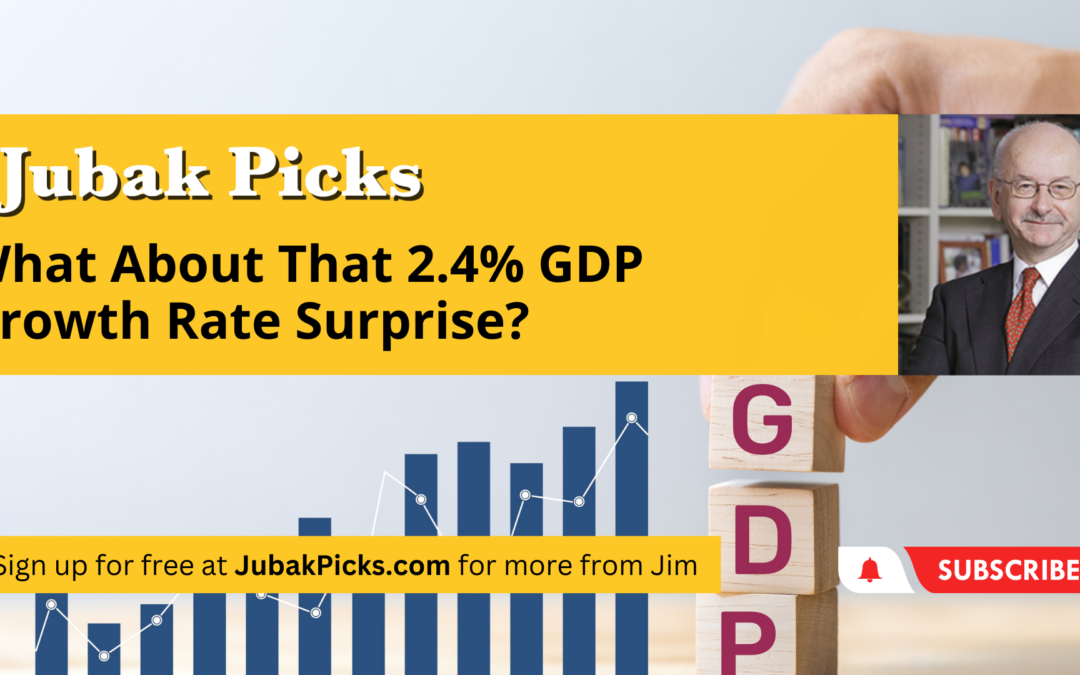Short Term

September 26, 2023 | AAPL, ADBE, ALB, AMAT, EUM, GOLD, LAC, Morning Briefing, MSFT, NVDA, PILBF, RWM, SCCO, Short Term, Special Reports, UUP, Volatility |
So what do you do with your portfolio for the rest of 2023? And what’s your best strategy to be prepared for 2024? In Part 1 of this Special Report I laid out the 10 developments that I thought would drive the financial markets for the rest of 223 and into 2024. Today, in Part 2, I’m going to give you the first 2 of 10 moves to take–with as much detail and as many specifics as possible–that you should be making now to position your portfolio for the uncertainties of the last quarter of 2023.

September 24, 2023 | Daily JAM, Morning Briefing, Short Term, Volatility |
Tomorrow, Monday, morning I’ll buy CBOE S&P Volatility Index (VIX) Call Options (so the options will go up in price if volatility does) for my Volatility Portfolio. I’m buying the December 20 Call Options with a strike price of 17 (VIX231220C00017000.)

September 23, 2023 | Daily JAM, Short Term |
Expect dueling news watches this week. Garnering most of the pixels will be the countdown to a government shutdown if Congress doesn’t pass a stopgap continuing resolution to keep funding the federal government by September 30. Odds are good right now that the House of Representatives won’t meet the deadline and the many government departments will shut down next week. And on Friday, investors get the next release of the Federal Reserve’s favorite inflation series, the Personal Consumption Expenditures index.

September 18, 2023 | Daily JAM, Morning Briefing, Short Term |
Here’s my cheat sheet of what to watch for in Wednesday’s Dot Plot revision of the Federal Reserve’s forecasts for the rest of 2023 and 2024. The last revisions before this came at the Fed’s June meeting so there’s reason to think that the Fed will have something market-moving to say about how it sees the economy, interest rates, inflation, and unemployment trending over the next year and a half.

September 16, 2023 | Daily JAM, Short Term |
Watch what the Federal Reserve says on Wednesday not what it does at the interest-rate setting meeting of the Open Market Committee. Everybody, I mean everybody, expects that the Fed will hold its benchmark interest rate steady at the current range of 5.25% to 5.50%. The odds, calculated from prices in the Fed Funds Futures market by the CME FedWatch Tool, stand at 98% that the central bank will do nothing. But this meeting also includes an update of the Fed’s Dot Plot forecast for future interest rates, inflation, unemployment and GDP growth. And those numbers will give investors the best available clue on what the Fed will do at its November meeting and int 2024.

September 6, 2023 | Daily JAM, Morning Briefing, Short Term |
U.S. stocks fell today, Wednesday, on a stronger-than-expected, Purchasing Managers Index (PMI) for the service sector. The reading raised fears that the Federal Reserve, which is generally expected to keep interest rates steady at its September 20 meeting, will not move quickly to reduce rates. The odds of an interest rate INCREASE at the Fed’s November 1 meeting rose to 47.2% on the CME FedWatch Tool from 42% yesterday.

September 5, 2023 | Daily JAM, Morning Briefing, Short Term |
Last week I posted a video arguing that, again, U.S. stocks were the only game in town with both the Chinese and European Union economies sputtering. The market action today, September 5, showed, however, that even if the U.S. economy is leading the world with solid if not spectacular growth, U.S. stocks will still feel the pain of bad news from the world’s two other big economies. Today U.S. stock indexes fell on new data from China showing continuing weakness in that economy and indicated that a turnaround is still a way down the road.

August 23, 2023 | Daily JAM, Short Term, Videos |
Today’s Trend of the Week is Watch Nvidia. NVIDIA (NASDAQ) reports earnings today, August 23. The consensus is that the company will report $1.69 a share, up from last year’s $0.32. And that revenue growth will come in with 65% growth.
This stock has been one of the big gainers this year and has effectively led the market. The shares recently hit a bit of a plateau until Monday, when the stock popped 8% on earnings optimism. The stock trades at a trailing PE of 238 but the big earnings jump should help with that. So what do you do with this stock that is leading the market, but is also known to be overpriced and therefore somewhat risky? You go with the momentum. Follow the market to see if investors start to sell and take profits after earnings, or if people continue to buy, even at a high price, with hopes for even greater gains. This will be an indicator of how momentum in the market is going, especially for the booming AI sector.

August 19, 2023 | Daily JAM, Short Term |
A nervous global financial market will hope that Federal Reserve chair Jerome Powell’s Friday talk at the annual Jackson Hole conference hosted by the Kansas City Fed will add clarity after the Fed’s minutes of its July policy meeting that showed most Fed officials saw significant upside risk to inflation.

August 8, 2023 | Daily JAM, Short Term, Uncategorized, Videos |
Today’s Trend of the Week is Are We Looking at a Supply Crisis for Treasuries? The federal deficit grew by $1.39 trillion in the first nine months of fiscal year 2023. That’s a huge addition to the deficit, an increase of 170% compared to the first nine months of 2022. The Treasury also recently increased its forecast for borrowing in the July-September quarter to another $1 trillion. This fast increase in the supply of Treasuries has been tough on the market. The Fed is trying to shrink its balance sheet and not buy as many new Treasuries. Private sector investors at auction are demanding a bigger discount. And because of the debt ceiling shutdown in new debt and the drawdown on the Treasury’s cash balances, the treasury has been issuing a lot of short-term bills to rebuild its buffer. Right now, however, Treasury is trying to move away from the short bills and looking to selling longer maturities. The market has little appetite for longer maturities as inflation seems to have staying power. Recent auctions on 7-20 year treasuries have been pretty weak. If you’re looking to buy 10-year Treasuries, look for an extra yield premium around 5% or so before the market is down dealling with as with this supply issue.

August 6, 2023 | Daily JAM, Morning Briefing, Short Term |
Wall Street is starting to look past this quarter’s earnings recession and lick its chops at a return earnings growth in the third quarter. Earnings for the second quarter are turning out to be just as depressing as everyone anticipated. With 80% of the companies in the Standard & Poor’s 500 already reporting, earnings per share for the companies in the index are down more than 7% from the second quarter of 2022. this quarter will mark a third straight quarter of earnings declines. But, increasingly, Wall Street analysts are forecasting a return to earnings growth (if you exclude earnings from energy companies) in the third quarter.

August 2, 2023 | Daily JAM, Short Term, Videos |
Today’s video is What About That 2.4% GDP Growth Rate Surprise? Economists were expecting a 1.5% annual growth in the second quarter, but the first read reported a 2.4% growth rate–up from 2% in the first quarter. Where did the growth come from? Is the economy inexplicably stronger than anyone expected? Why haven’t the Fed rate increases dampened growth? How is inflation coming down as growth continues? There are suggested answers to these questions within the GDP report itself. The main explanation is that this trend, like all economic trends, is affected by lags. You can also see a shift in where the growth is coming from. GDP growth has recently a result of increases in consumption, while growth from business investments has been more subdued. Consumer spending was up in the most recent quarter, but it was only up 1.6%, not as high as the overall 2.4% growth rate. Where did the rest of the growth come from? Investments. Business investments came in at a 4.6% annual increase. Momentum built up by the Inflation Reduction Act, the subsidies and actual funding for business investment is still kicking in and we’re seeing an investment boom at the moment. Consumer spending going up 1.5% is positive, but what’s the trend on consumer spending? My guess is somewhere in the third or fourth quarter, we’ll see business investment peak and we’ll go back to a familiar growth pattern that focuses on consumer spending, where the Fed’s interest rates are more important.















